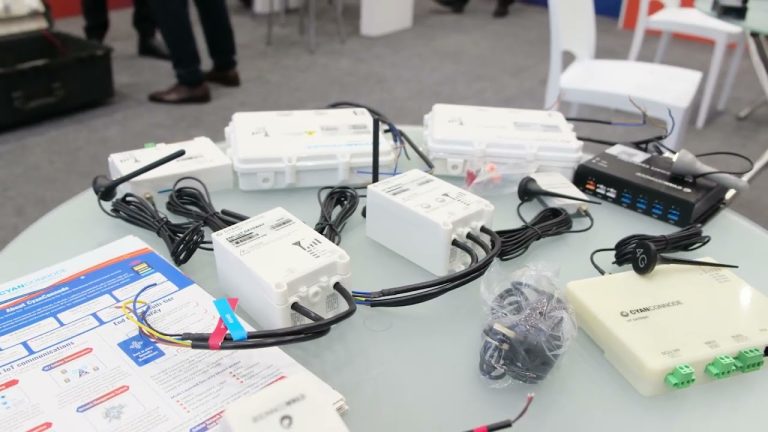As India pushes ahead with its solar ambitions, smart metering is emerging as an essential force reshaping how the grid works. At their simplest, they measure consumption but in the era of distributed generation and two‑way flows of electricity, they are evolving into the sensory network of a decarbonised grid.
A smart meter’s immediate value lies in granular, time‑stamped insights into electricity usage. For utilities, this visibility is gold: forecast demand with greater precision, optimise supply dispatch, and manage variability with more confidence. When clouds temporarily suppress solar output or demand surges in unpredictable pockets, the grid’s resilience increasingly depends on a feedback loop of real‑time data. Without that, blackouts or instability become far more probable.
As rooftop solar uptake climbs, homes are not just consumers but potential producers of electricity. Smart meters make that interaction feasible: they enable automatic settlement when households export to the grid, verify injections, and create transparency essential for trust in net metering and feed‑in tariff regimes.
Under the Revamped Distribution Sector Scheme, millions of smart meters have been deployed, with plans for tens of millions more.
CyanConnode Holdings plc (LON:CYAN) is a world leader in the design and development of Narrowband RF mesh networks that enable Omni Internet of Things (IoT) communications.







































